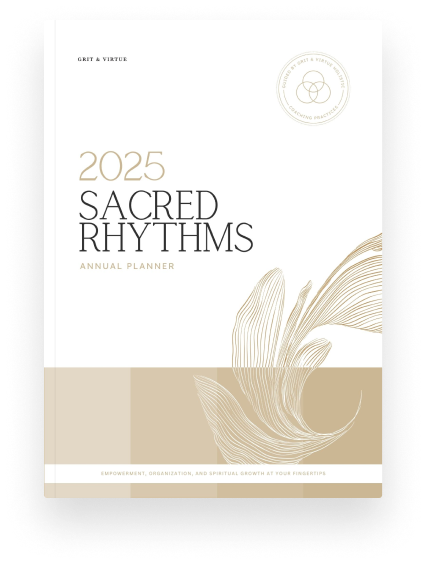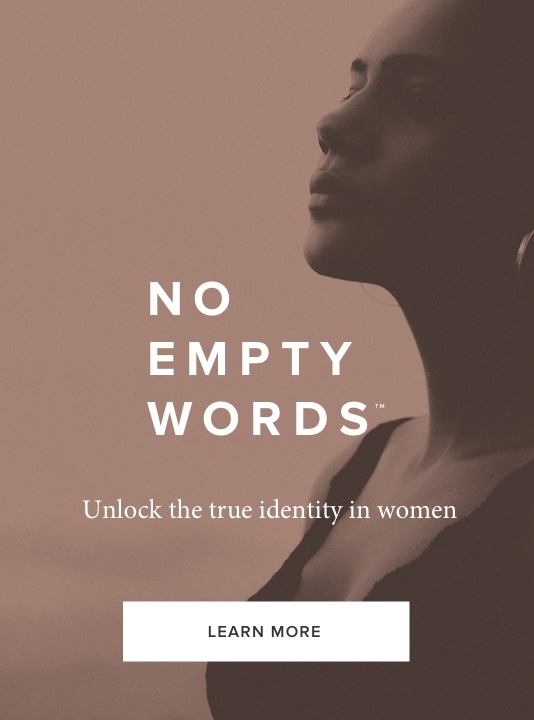One of the frequently offered pieces of advice before I was married was referenced from Ephesians 4:26: don’t let the sun go down on your anger. Though very wise and sound advice, I would have been better served with some advice about controlling your anger and reigning in your anger, because letting the sun go down on my anger is something I have never done. I’m a stay up and fight all night kind of person.
Quick with my words, sharp with my tongue, and able to dismantle another’s argument in a few quick blows is how I’ve always operated in conflict. But operating that way in marriage made me quickly realize that something had to change if our marriage was going to crash and burn.
What needed to change was the way I responded in conflict. There are 3 simple questions I began to ask myself when my husband and I found ourselves in conflict together. Though I may still be angry and still think I am right, these questions have completely changed the way I respond and likewise, the way I treat my husband.
Here are 3 questions to ask yourself before responding the next time you find yourself in conflict
Is this statement true?
If your statement begins with an absolute (you always, you never, I always, I never, etc.), it’s more than likely not true.
Example: ‘You always leave the iron on when you leave for work in the mornings, and I’m sick of having to come behind you like your mother and turn it off!’
Not true. My husband may frequently leave the iron on when he leaves for work but he doesn’t always leave it on.
Absolutes are usually not true and they’re not a fair way to fight.
Is this kind?
Ask yourself, is what I’m about to say kind?
We commonly confuse being kind with being nice. The truth isn’t always nice, but it is kind to be truthful with others. It is imperative that you be honest and truthful in relationships, and it is imperative that you be kind. What you say may not be nice, but you can be kind, gentle, and gracious with what you say and how you say it.
Remember that saying you heard at least a dozen times in your childhood, ‘if you can’t say something nice, don’t say anything at all’? Insert kindness in there: if you can’t say something kind, don’t say anything at all.
What am I trying to gain?
Our wants and needs are often the motivating factors behind our words and actions.
It’s important to identify what you want or need because your want or need may not be wrong, but the way you go about getting it may be.
Being mean, manipulative, or dishonest are ways that one can compromise their beliefs and values in order to get what they want or need.
Often we just want to be heard or understood. There is nothing inherently wrong or bad about that desire, but more often than I would like to admit, I have gone about getting what I wanted or needed, which many times is being heard or understood, in a manipulative or mean way.
So, next time you find yourself in conflict, before being quick to respond, take a few deep breaths and ask yourself:
Is this statement true?
Is this kind?
What am I trying to gain?
Enjoyed it? Share it!
Meredith Boggs
Meredith Boggs is the writer & speaker of The Other Half blog & podcast. She's known by sharing transparently the real half life that doesn’t make the social media highlight reel, addressing topics including body image, personal + spiritual growth, the Enneagram & marriage. She is a critical care nurse & sexual assault forensic nurse examiner by trade, lives in Nashville, Tennessee with her high school sweetheart now husband, Justin, and their black lab Lady.
But wait, there's more...


















